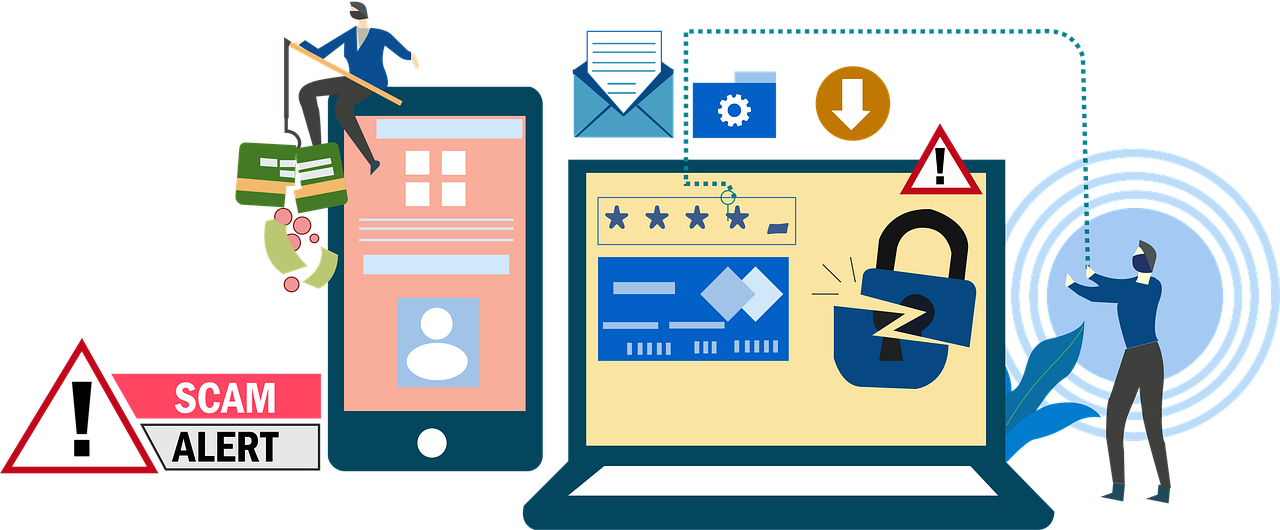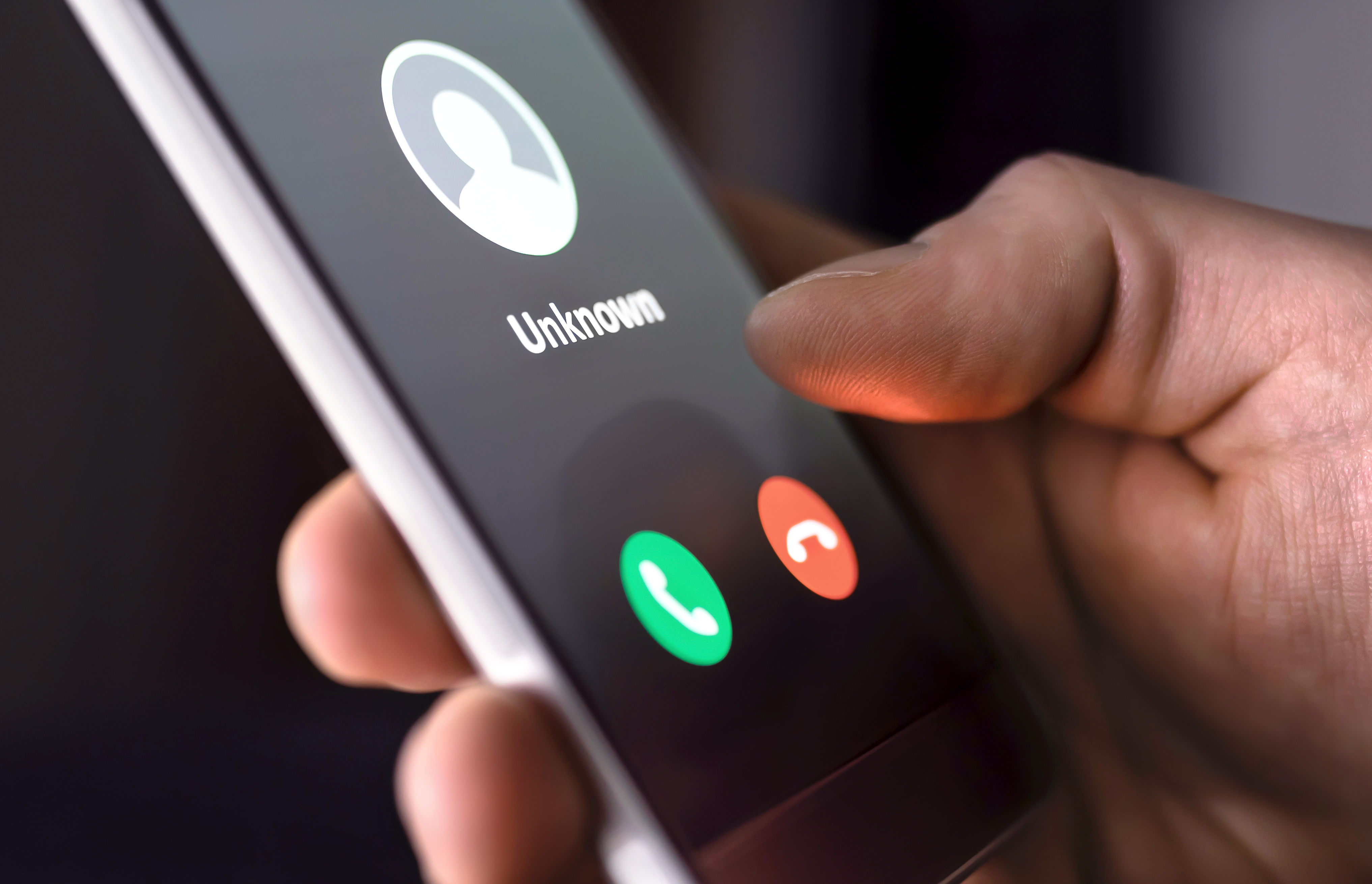Category: Fraud
Be Aware of Tax Fraud Schemes During Filing Season
By Mark Sipos, LFG Tax Director Tax season is here, and with it are scammers looking for their next victim. Scammers mislead you about tax refunds, credits, and payments, so it’s important to be aware of what their scams can look like. Common schemes Scammers are always changing their tactics in hopes of exploiting you. There are a flurry of deceptive schemes that pop up and this year will be no different. Recently, the IRS has seen scammers do the following: Request gift cards over the phone through a government impersonation scam or by sending a text message, email or social media message. Remember, the IRS never asks for or accepts gift cards as payment for a tax bill. Pose as an IRS agent and call the taxpayer or leave a pre-recorded voicemail stating they are linked to some criminal activity. Threaten or harass the taxpayer by telling them that they must pay a fictitious tax penalty. Instruct the taxpayer to buy gift cards from various stores. Pressure the taxpayer to buy gift cards, then ask the taxpayer to provide the gift card number and PIN. To verify it’s the IRS, go to IRS.gov and verify the form or visit the Let Us Help You page to verify tax information with self-service options. Know who’s calling If the IRS does need to contact you, they will typically contact you the first time through regular U.S. mail delivered by the USPS. The IRS doesn't initiate contact with taxpayers by email, text messages, or social media channels
Combating COVID-19 Fraud
In recent months, criminal organizations at both the local and international level have been using the identities of U.S. citizens to open accounts and file fraudulent claims for unemployment benefits, exploiting the unprecedented expansion of these benefits provided in response to economic disruption caused by the COVID-19 pandemic. There are many ways that they are doing this, and the schemes range from targeting Medicare, social media, robocalls, and unemployment insurance. While not all schemes revolve around some form of identity theft, many do. According to Experian, one of the three major credit reporting agencies, here are some telltale signs of identity theft: • You no longer get your household bills in the mail. • You’ve been turned down for a loan or credit card. • You’re being billed for items you didn’t purchase. • Your financial accounts show charges you don’t recognize. • Your tax return was rejected. • Small test charges appear on your credit card statement. • Your creditors alert you to suspicious activity. It’s important to keep an eye out and be aware of anything out of the ordinary. There are also steps you can take to protect yourself such as password protecting your devices, never giving out information ove




 Virteom
Virteom